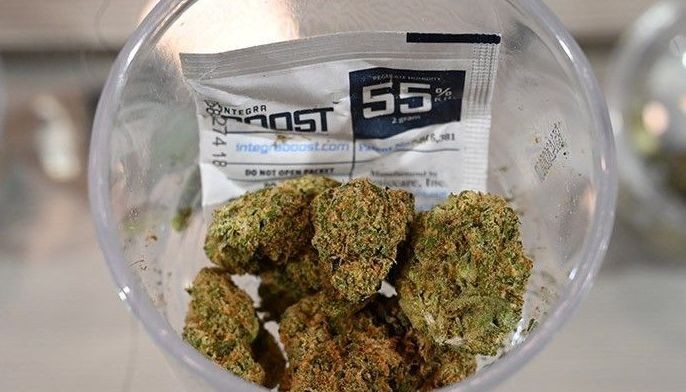MANILA, Philippines — Advocates for the legalization of medical marijuana lamented that current rules on the medicinal use of the plant classified as a dangerous drug were too stringent.
Current regulations allow the Food and Drug Administration to issue compassionate special permits to hospitals to avail of drugs, medical devices or food products which are not registered in the country, including processed medical cannabis.
Related Stories
But Donnabel Trias-Cunanan, president and spokesperson of pro-medical marijuana organization Cannahopefuls, told senators during a hearing on Wednesday that applying for this is too tedious and “not compassionate at all.”
“I want to inform everyone here that the process of getting a compassionate special permit is not compassionate at all. It’s such a difficult process. I went through the eye of a needle. I begged our doctor to prescribe cannabis to us,” said Trias-Cunanan, a mother to a child with epilepsy, global developmental delay and cerebral palsy.
She said that even if they were given a compassionate special permit, the drug based off a synthetic cannabis extract is prohibitively expensive — costing $32,000.
Trias-Cunanan said her child is given “seven to eight” anti-epileptic drugs, all of which produced a variety of side effects including allergies, pancreatitis and insomnia.
The alleged side effects of conventional drugs were also bemoaned by MedCann party-list's Rowena Pilapil, whose child suffers from epilepsy is also balding and becomes violent due to medication.
“We need a drug that won’t have long-term side effects for our children,” Pilapil said.
According to the US National Institute on Drug Abuse, tetrahydrocannabinol (THC) found in marijuana “has proven medical benefits in particular formulations.”
These medications “use purified chemicals derived from or based on those in the marijuana plant” and are prescribed to patients undergoing chemotherapy, or with wasting syndrome due to AIDS or with spasticity and neuropathic pain that could accompany multiple sclerosis.
For medical marijuana advocates like Trias-Cunanan, time is ticking to extend and save lives.
“There have been 80 patients who died in our advocacy. We cannot afford to wait a longer time,” she said. “Recently, my child gasps for air and dies during seizure attacks.”


